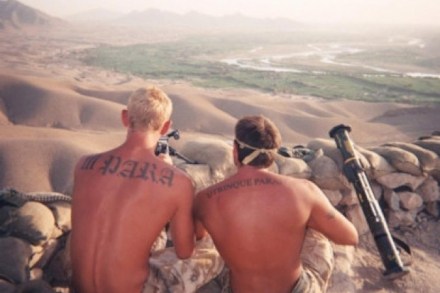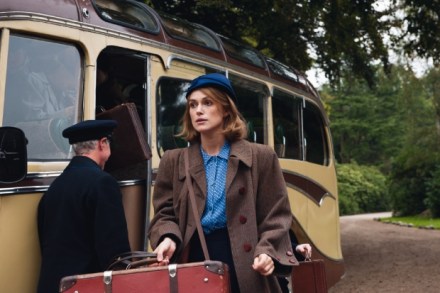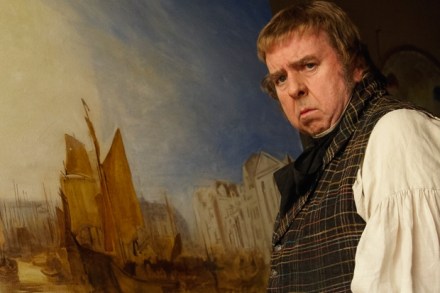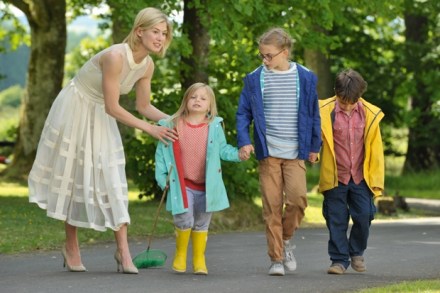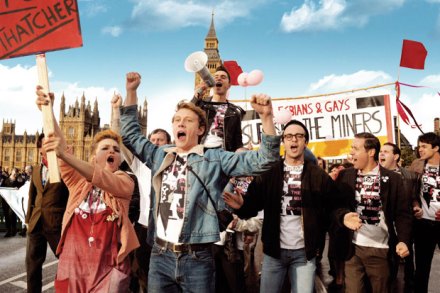Kajaki review: never have I seen a more gruesome depiction of war
On September 6th, 2006, a mortar unit from 3rd Battalion, 3 Para, defending the Kajaki dam over the Helmand River in Afghanistan, spotted an illegal road block set up by the Taliban. The enemy were too distant for the unit’s sniper, Lance Corporal Stuart Hale, and to call in an airstrike would have caused civilian casualties, so Hale set out with two other paratroopers to get close enough for his sharpshooting talents. En route, Hale walked into an old Soviet minefield which had not been marked on their maps and lost his leg. Hale survived, but by the time he and his comrades were rescued four hours later, another six men
